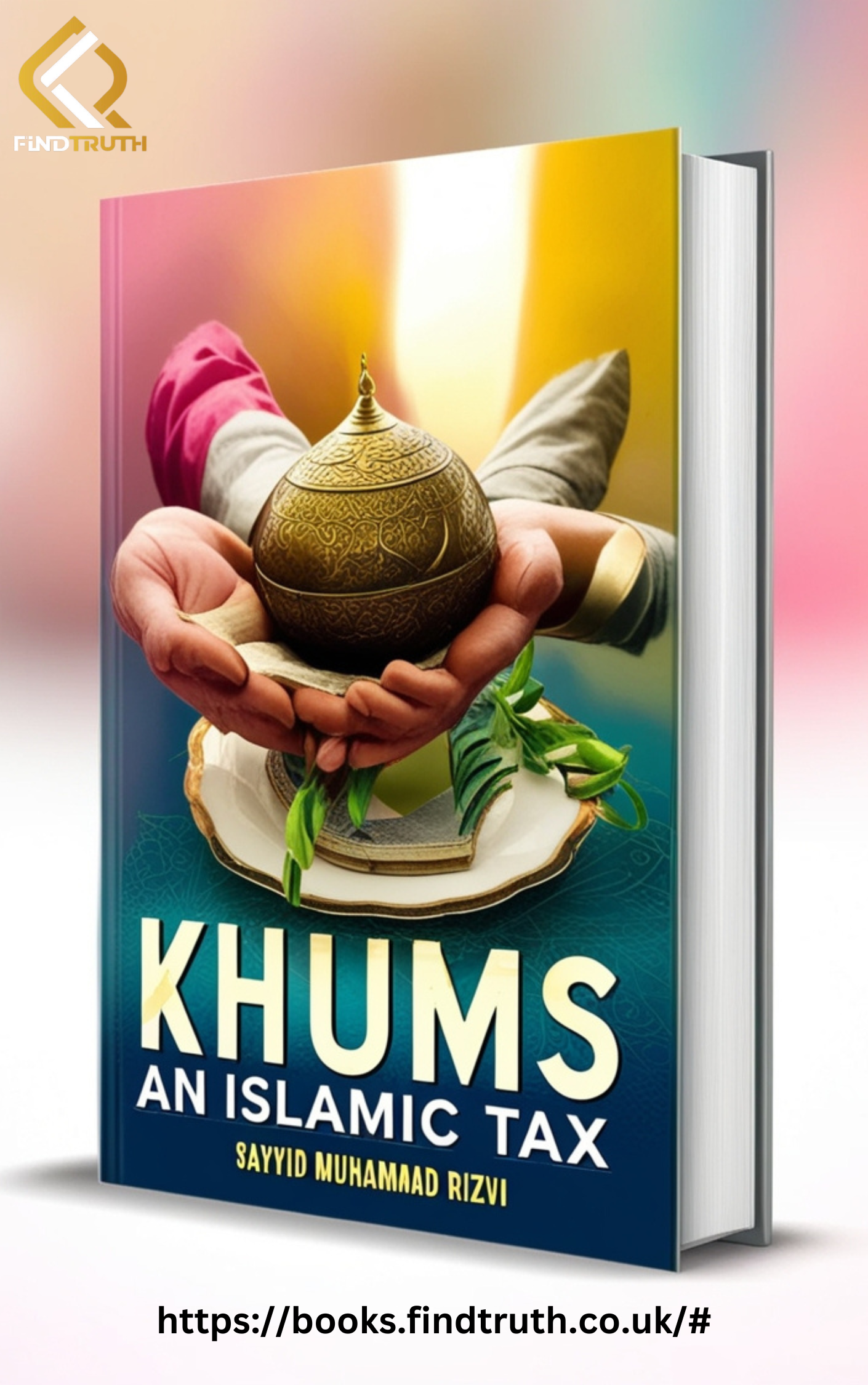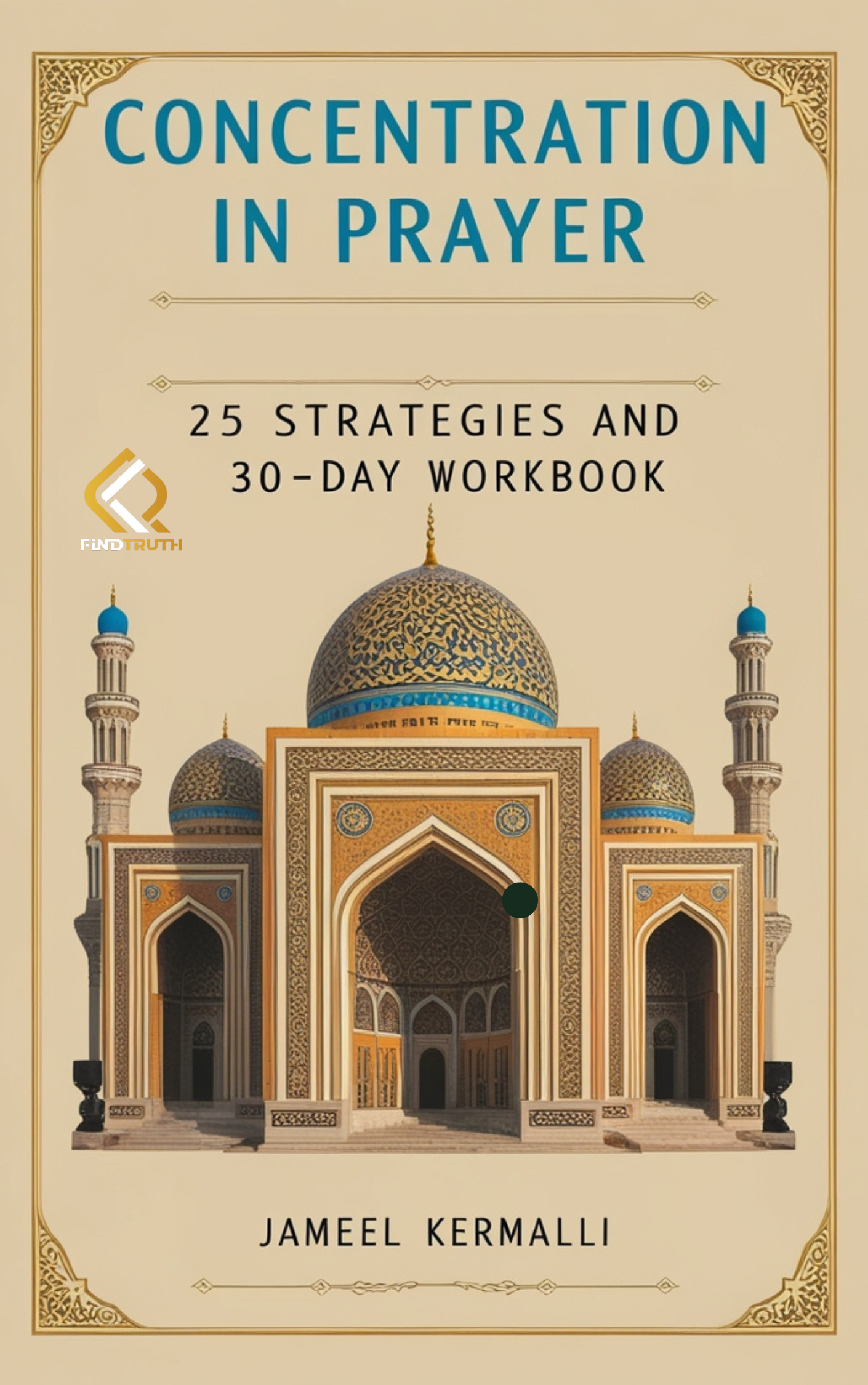
- Beliefs
-
Muslim Practices
- Salah (Daily Prayers)
- Sawm (Fasting)
- Hajj (Pilgramage to Makkah)
- Zakah (Charity Giving)
- Khums (Giving One-Fifth of Annual Saving)
- Jihad (Striving in the Way of God)
- Amr bil Ma'ruf (Encouraging Good)
- Nahy 'an al-Munkar (Stopping Evil)
- Tawalla (Loving the Prophet & His Family)
- Tabarra (Disassociating from the Enemies of the Prophet and His Family)
- Islamic Education
-
Akhlaq - (Ethics)
-
Quran & Sciences
-
Islamic History
-
Socio-Cultural
- Islamic Holy Places
-
Supplications
- Home
- Feature Selections ★
- Beliefs 🛐
-
Muslim Practices ☪️
- Salah (Daily Prayers)
- Sawm (Fasting)
- Hajj (Pilgramage to Makkah)
- Zakah (Charity Giving)
- Khums (Giving One-Fifth of Annual Saving)
- Jihad (Striving in the Way of God)
- Amr bil Ma'ruf (Encouraging Good)
- Nahy 'an al-Munkar (Stopping Evil)
- Tawalla (Loving the Prophet & His Family)
- Tabarra (Disassociating from the Enemies of the Prophet and His Family)
- Islamic Education
-
Akhlaq - Ethics 🔑
- Quran and Sciences 📖
-
Islamic History
- Socio-Cultural
- Islamic Holy Places
- eBooks
- Philosophy of Islamic Laws
Philosophy of Islamic Laws
"Philosophy of Islamic Laws" is a profound exploration of the rationale behind Islamic legal principles (Fiqh). This book examines the wisdom and objectives (Maqasid) of Islamic laws, shedding light on their role in shaping individual character, societal harmony, and spiritual growth. It delves into the foundations of Islamic jurisprudence, explaining why certain acts are obligatory, recommended, or prohibited, while addressing common misconceptions about Shariah. Drawing from the Quran, Hadith, and scholarly interpretations, the book provides a clear understanding of the ethical, social, and spiritual benefits embedded within Islamic laws. Whether for scholars, students, or general readers, this book offers an insightful perspective on the deeper meaning and purpose of Islamic legislation.










